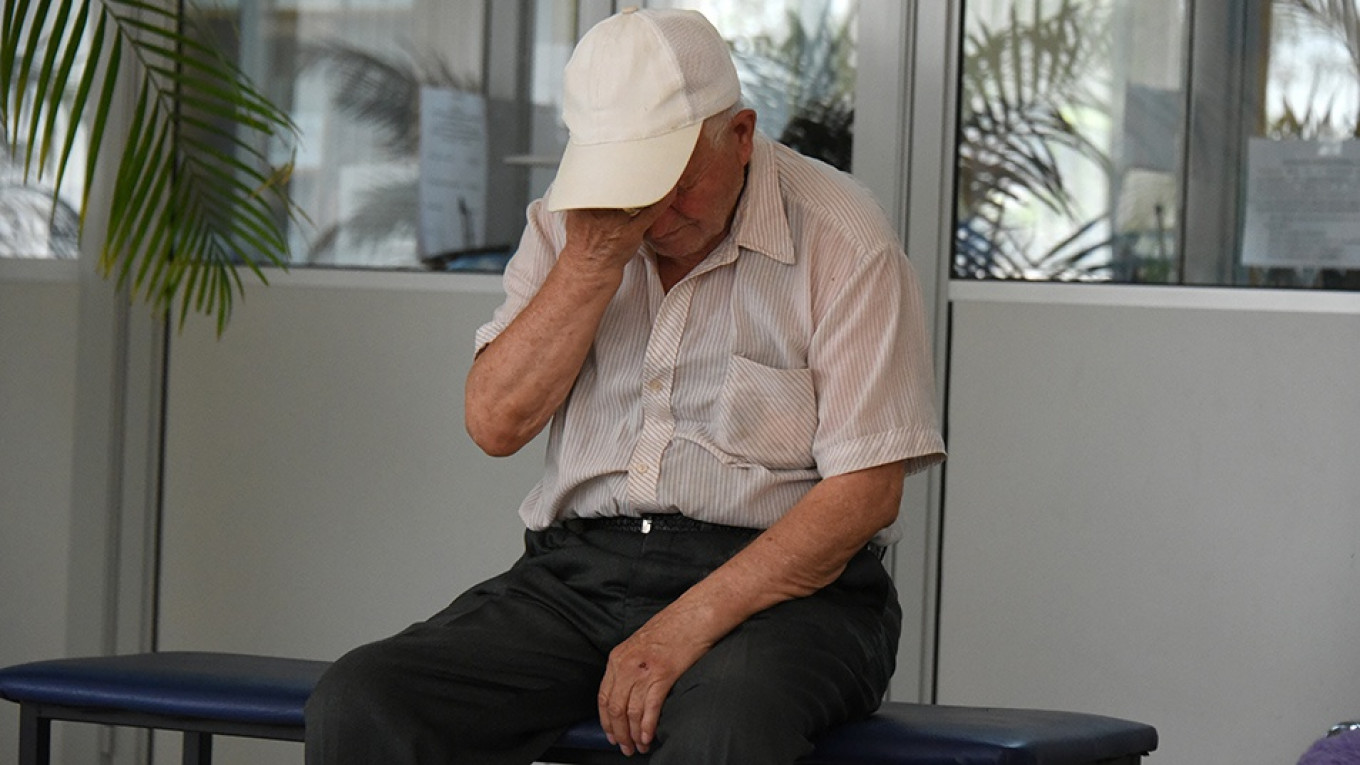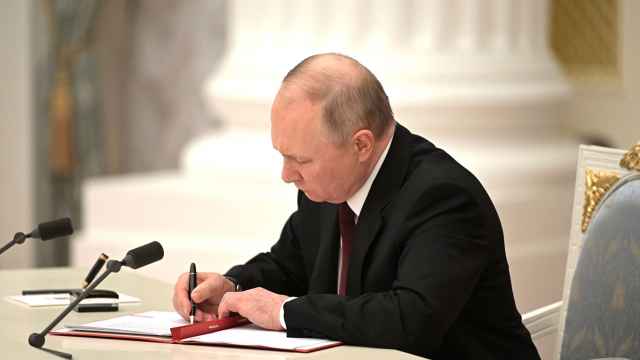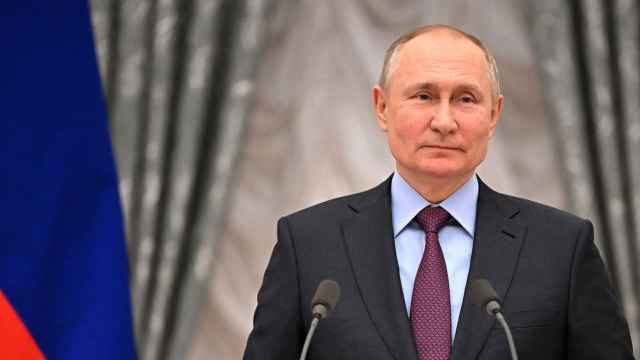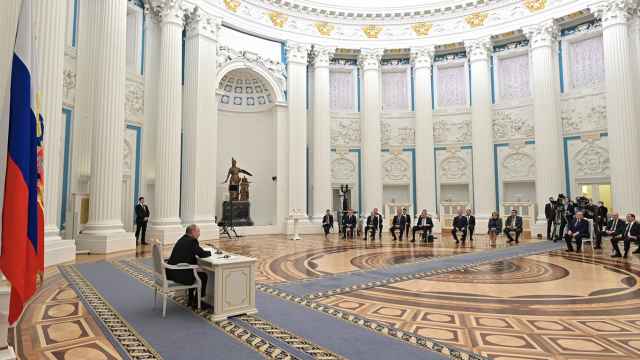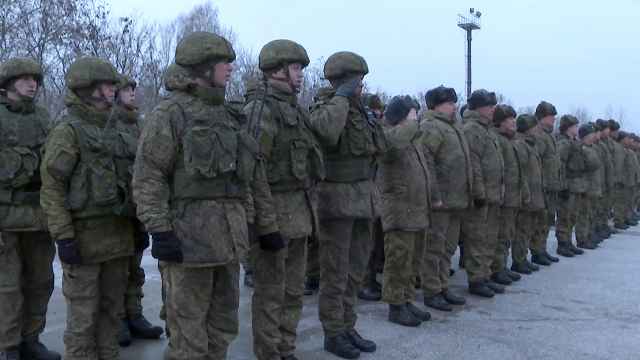Ahead of nationwide protests this weekend against a plan to raise the pension age, a study has said that up to 17 percent of Russian men may not live to see retirement.
Prime Minister Dmitry Medvedev in mid-June announced a plan to progressively increase the pension age starting in 2019. The plan has touched a nerve among Russians and set off plans for nationwide protests organized by opposition figures and trade unions.
Under the plan, by 2028, men would retire at 65, five years later than they do now, while the pension age for women would increase from 55 to 63 by 2034.
In a joint study with the Higher School of Economics’ Institute of Demography, RBC reported Wednesday that up to 17.4 percent of men and 6.5 percent of women may not live to reach retirement by the time the reform is rolled out.
The study also found that as the pension age increases, the probability of surviving until retirement will steadily decrease.
For the first generation of men to be affected by the reform — those born in 1959 — 95.8 percent are projected to live to reach 61 years of age.
However, for those eligible to retire at 65, born in 1963, the number would fall to 82.6 percent.
According to the study, women have a higher chance of living to retirement: 93 percent of women are projected to live to retire at age 63 when the reforms will have gone through for women by 2034.
The study combines data from the Human Mortality Database and Russia’s federal statistics agency Rosstat.
Protests have been planned in dozens of cities this weekend by opposition leader Alexei Navalny, trade unions and Russia’s Communist Party. The latter has announced it will push for a nationwide referendum on the issue.
A Message from The Moscow Times:
Dear readers,
We are facing unprecedented challenges. Russia's Prosecutor General's Office has designated The Moscow Times as an "undesirable" organization, criminalizing our work and putting our staff at risk of prosecution. This follows our earlier unjust labeling as a "foreign agent."
These actions are direct attempts to silence independent journalism in Russia. The authorities claim our work "discredits the decisions of the Russian leadership." We see things differently: we strive to provide accurate, unbiased reporting on Russia.
We, the journalists of The Moscow Times, refuse to be silenced. But to continue our work, we need your help.
Your support, no matter how small, makes a world of difference. If you can, please support us monthly starting from just $2. It's quick to set up, and every contribution makes a significant impact.
By supporting The Moscow Times, you're defending open, independent journalism in the face of repression. Thank you for standing with us.
Remind me later.


